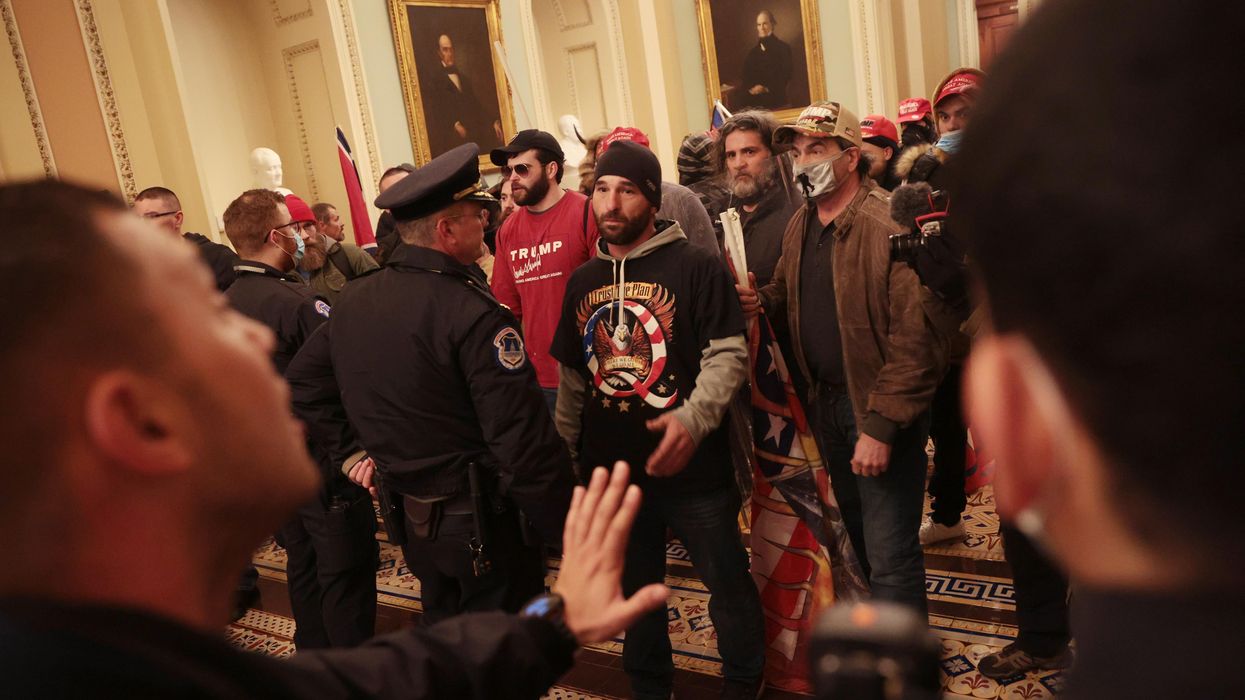Berkman and Beem are on the political science faculty at Penn State University.
We direct our university's McCourtney Institute for Democracy, which is committed to promoting democracy in the United States and abroad. Last week's disturbing events in the nation's capital imperil our American democracy. They require some thoughtful reflection about how we got here and what we do about it.
If history proves anything, it is that people disagree. Vehemently. Unity of opinion is not possible. Democracy exists as a way for people to disagree and yet still live together peaceably. Elections are the means by which we do that. They are the backbone of a democratic system. Every vote counts the same and the candidate who receives the most votes wins. A peaceful transition of power occurs as losers accept the outcome and come back prepared to fight again another day.
If any aspect of this system fails, democracy becomes impossible. Over the last many months, since well before Joe Biden's clear and commanding presidential victory, we have spoken forcefully that it was not only factually wrong but also dangerous to claim that the 2020 election was unfair, rigged or otherwise tainted.
Indeed, we have celebrated the hard work and successful efforts of election workers and others around the country who managed to carry out this election under difficult circumstances.
But the shameful and deeply irrational response at the Capitol to the election was simply the most recent manifestation of a longstanding movement to subvert our democracy.
The scenes we saw should not be seen as sudden or unpredictable. They are rather the inevitable outcome of a sustained and reckless assault on the propositions that make democracy possible. The chronic denigration of the rights of the other side, the easy dismantling of democratic norms and procedures — and ultimately, the rejection of even the foundational idea that there is one reality, one truth, for all of us — all facilitated the breakdown we saw before us.
Every one of the politicians or pundits who took part in this authoritarian charade, who blithely put their own political or economic calculus ahead of the well-being of our nation and our democracy, will have to live forever with the humiliation of this moment.
But all Americans of good will have to take on the burden of rebuilding what has been lost. As we now know too well, democracy is fragile. If it is to continue, let alone thrive, it will require a renewed commitment from all of us.



















Marco Rubio is the only adult left in the room